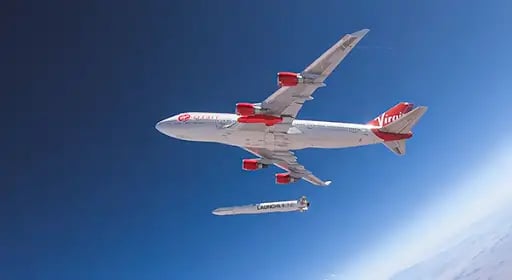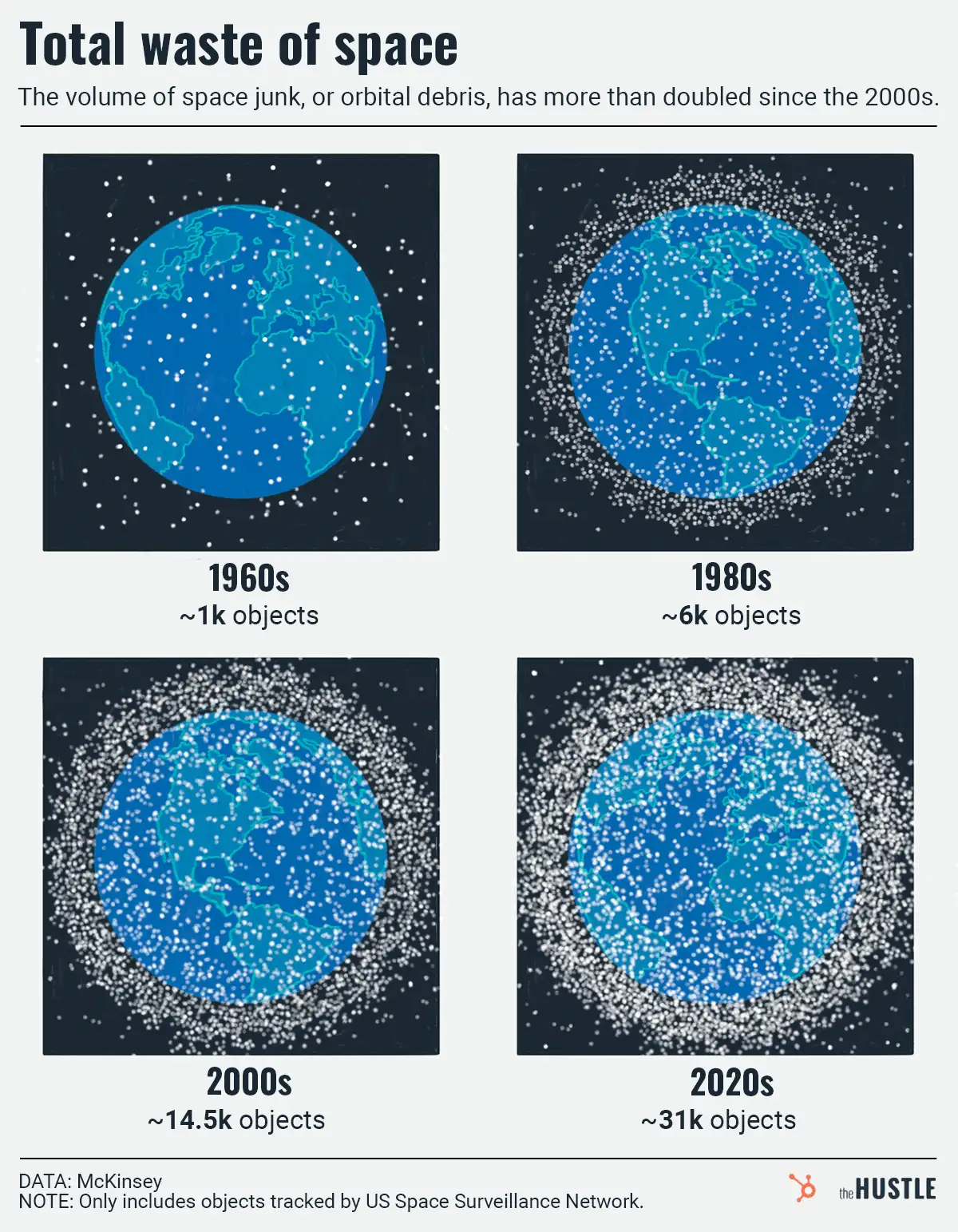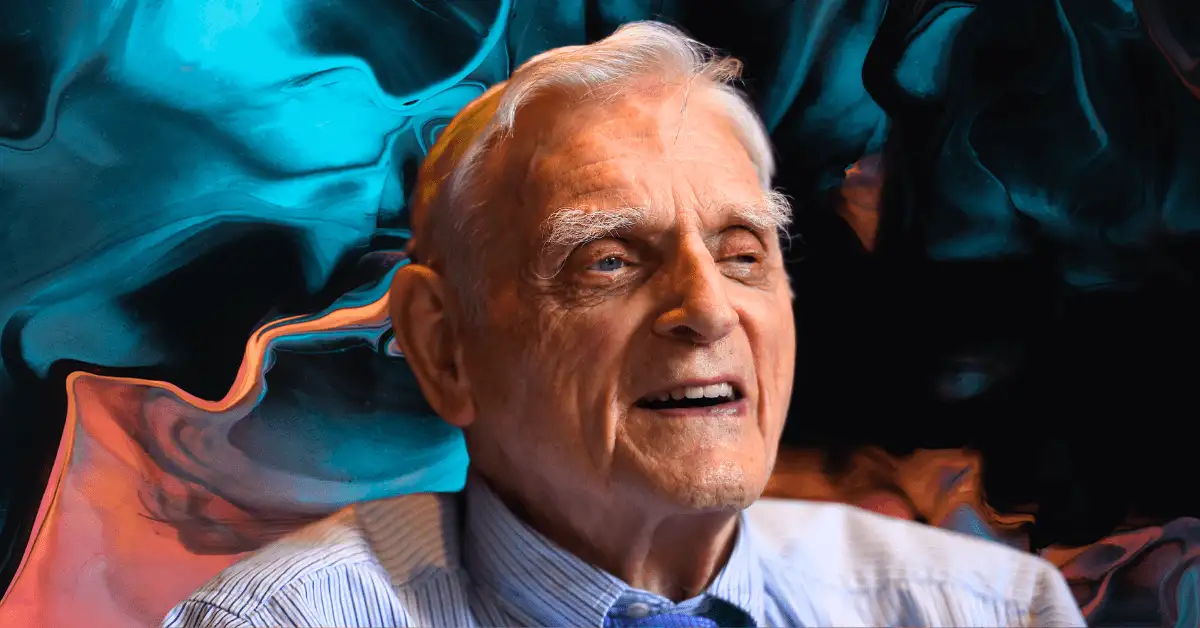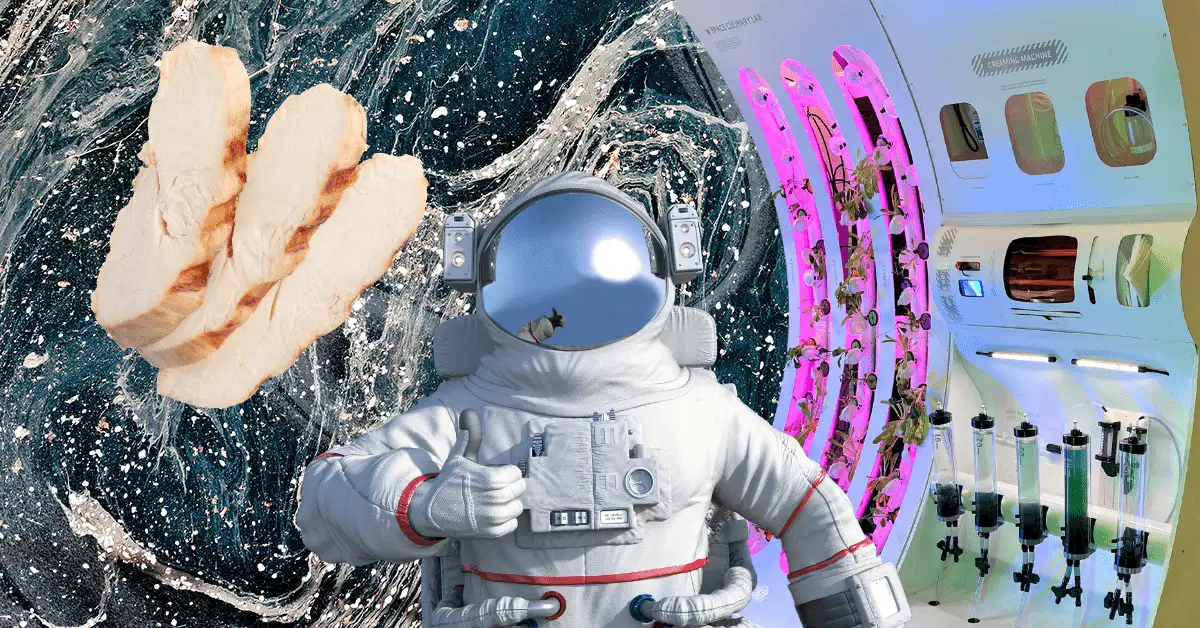There are thousands of satellites orbiting above Earth. But it’s not always easy getting them up there.

During a Monday night mission in Great Britain, a Virgin Orbit rocket experienced an anomaly while traveling 11k+ mph, and never reached its final orbit. The satellites it carried burned up on reentry, according to The New York Times.
The failure spoiled the United Kingdom’s first attempted satellite launch and led to Virgin Orbit’s stock dropping 14% yesterday.
What was lost?
Nine satellites, whose owners paid $10m-$12m each for a spot — and are reportedly insured. Among them:
- Belgian company RHEA Group, which lost a satellite meant to be tested as a backup for GPS navigation systems.
- AAC Clyde Space, a Scottish company, which lost a cubesat made to track illegal maritime activities.
Founded by Richard Branson, Virgin Orbit has previously completed four successful satellite launches out of the Mojave Desert in California, which is a helluva lot less damp and windy than Britain.
Branson’s mission success rate with Virgin Orbit and space tourism company Virgin Galactic has been above 90%, per the Daily Mail, but it lags fellow space-obsessed billionaires Jeff Bezos and Elon Musk, as well as NASA.
But not all was lost
The mission helped lay the groundwork for technical and regulatory advancements in Britain’s space industry. Britain has now spent $24m equipping an airport in Cornwall, England, for satellite launches and plans to launch in Scotland.
“We have shown the UK is capable of launching into orbit,” Matt Archer, the UK Space Agency’s director of commercial spaceflight, noted.
Big picture: Deutsche Bank valued the global launch market at ~$8B in 2022, and projects it will reach $35B by 2030.










